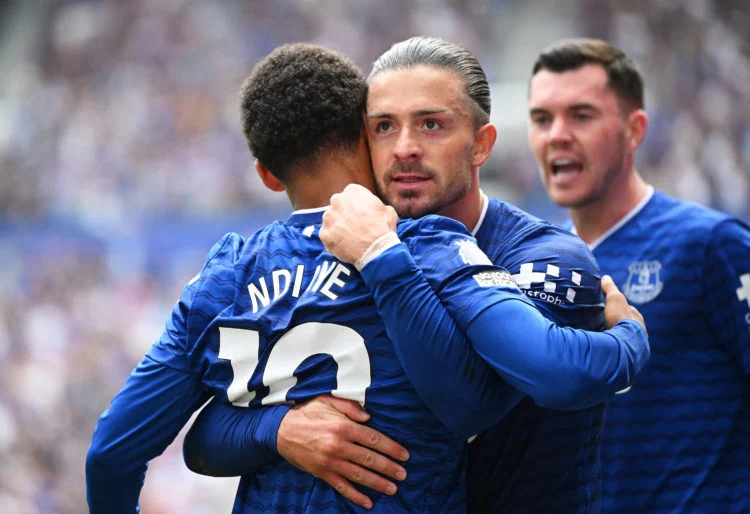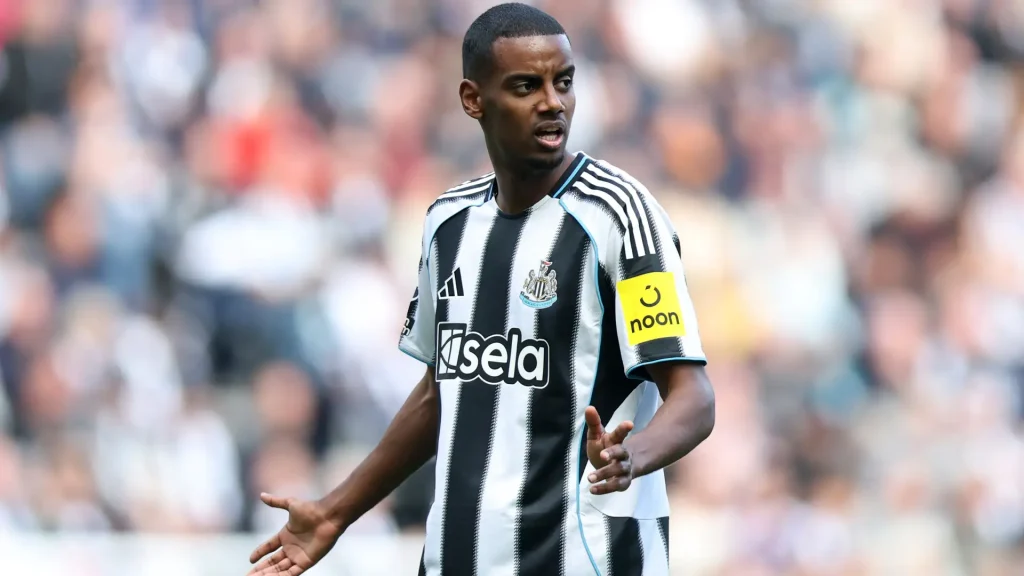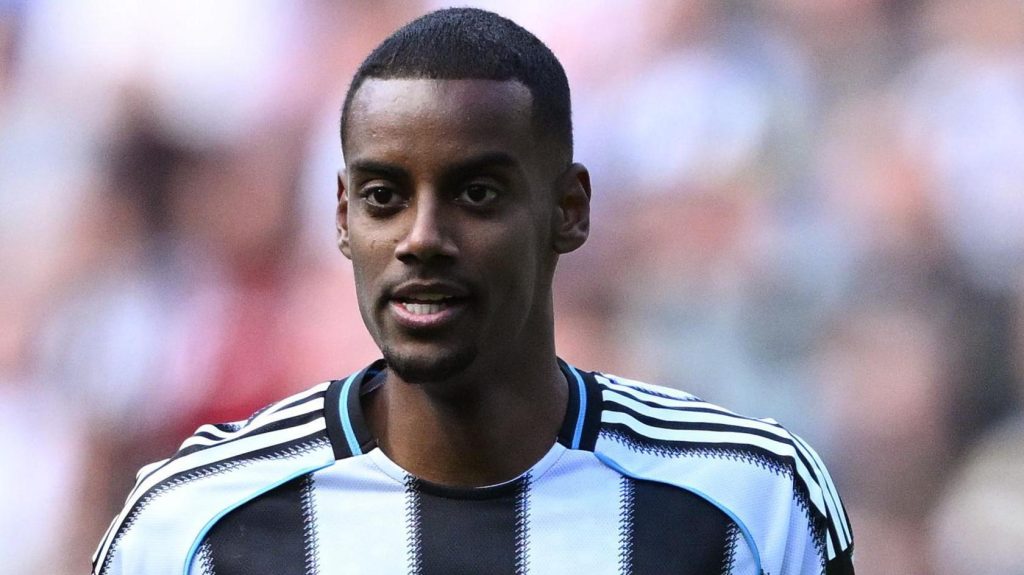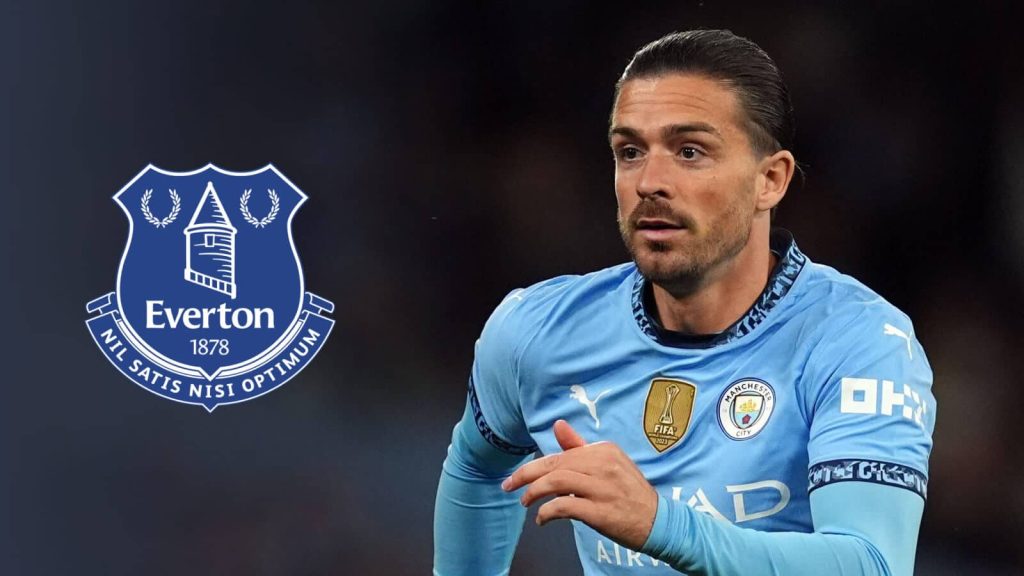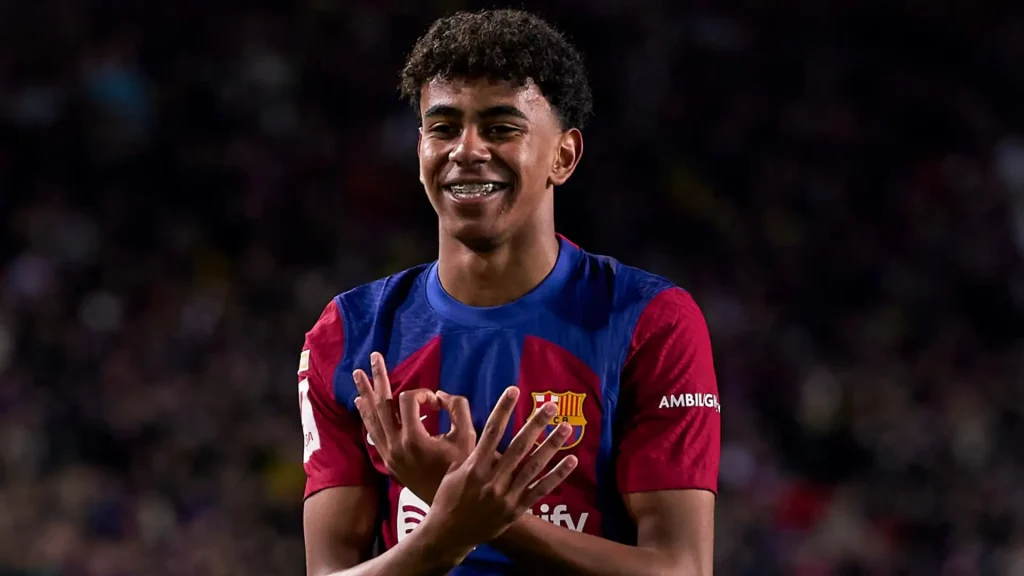
Heading into the Euro 2024 semifinals, France’s left-back Theo Hernández had been, in my opinion, the best player of the tournament. He made stellar attacking contributions, despite his team’s scoring challenges, and was nearly perfect in defense, winning 67% of his duels and quietly quashing numerous attacking opportunities for opponents. If anyone could quiet Spain’s precocious young winger Lamine Yamal, it was Hernández.
Yamal vs. Hernández: Euro 2024 Semifinals Showdown
Technically, Hernández did somewhat dampen Yamal’s effectiveness. After nine shot attempts, nine chances created, 29 progressive carries, and three successful one-on-ones in the box in recent matches against Georgia and Germany — otherworldly totals for two matches — Yamal managed just three shots, two chances created, five progressive carries, and no successful one-on-ones.
Statistically, it was a good performance instead of something superhuman. However, in the 21st minute, Yamal drifted away from Hernández into the middle of the pitch and, given too much space by midfielder Adrien Rabiot, curled an absolutely gorgeous, technically perfect shot into the goal from 26 meters.
That goal tied the match. Perhaps a bit shaken by the audacity of what just happened, France’s defense got scrambled just four minutes later and left Dani Olmo alone to knock in the go-ahead goal on a higher-percentage shot. Spain won, 2-1, and Yamal added insult to injury with a note-perfect tactical foul on Hernández — himself an excellent tactical fouler — in the 91st minute.
Yamal’s Remarkable Euro 2024 Performance
Yamal finished Euro 2024 with that goal, four assists (ranking first overall at the tournament), 19 chances created (first), 2.6 expected points added (xPVA) from on-ball actions (first), 67 progressive carries (fifth), and five successful one-on-ones in the box (sixth). He assisted the first goal in Spain’s eventual final victory over England, struck by their other incredible winger, Nico Williams. Yamal and Williams were relentless sources of optimism and ball progression for a team that, in recent tournaments, had been susceptible to horizontal movement and staid ball possession.
It’s fine that Yamal’s countryman Rodri won the Player of the Tournament award instead of Yamal — Rodri should win the Ballon d’Or too, considering he’s been part of just one loss in his past 79 matches for club and country — but Yamal legitimately might have been the second-best player. (Sorry, Theo, I guess that makes you third?) It’s pretty incredible considering it was his first major tournament, and it’s utterly dumbfounding considering he turned only 17 years old a day before the final.
Over the past year, Yamal made what should have been an impossible transition from “good for a 16-year-old” to “good” to “maybe one of the best wingers in the world.” How far can he go from here?
Where Yamal is Right Now
Within our TruMedia database, which features StatsPerform data from all sorts of leagues and international competitions stretching back to the early 2010s (plus World Cup data going back to 1966), it is impossible to find a good comparison for what Yamal did in his first professional season. He played too many minutes and did too many impressive things.
Yamal played over 1,000 more minutes than an exciting prospect named Jude Bellingham did, and Bellingham was then playing at second-division Birmingham City. He contributed more than double the number of combined goals and assists as new Real Madrid addition Endrick, and Endrick was still playing in Brazil last season. Yamal plays for one of the biggest clubs in the world and one of the most talented countries in Europe.
To find even a slightly sensible comparison, you have to go back to when Wayne Rooney scored six Premier League goals with four assists for Everton in 2002-03 — he turned out to be pretty good, yeah? — but even Rooney turned 17 early that season. Before turning 17, Yamal had five goals and five assists in LaLiga play, had scored twice in Spanish cup competitions, produced two assists in Champions League play, and had scored three goals with six assists in just 801 minutes for his national team. We might actually have to go all the way back to Pele to find a genuine comp here.
The sheer volume of minutes Yamal played tells you everything you need to know about his physical readiness, and the increasingly excellent numbers he posted tell you about his potential. We can no longer proclaim “He’s 16! Can you believe someone is capable of this at 16?” while watching him play, but he has a chance to be one of the best wingers in the sport for a very, very long time.
The Value of Switching Play
Rarely does a chart speak such volumes as the one above, comparing Yamal to every other recent 16-year-old. But this one comes pretty close:
Spain’s statistical profile at the Euros was approximately what we’ve come to expect from them. Their possession (58.0%) and pass completion rates (89.5%) were appropriately high, and their progressive carry averages (91.2 per 90 minutes, second-most), driven primarily by center-backs (Aymeric Laporte averaged 19.7, Robin Le Normand 9.6, Nacho 9.6), was exactly what you get used to seeing from heavy-possession teams. But their attacking numbers — 2.1 goals per 90 minutes (second), 16.6 shots (second), 6.0 shots on goal (fourth) — were something a bit different, and so much of their success stemmed from the one-on-one capabilities of Yamal and Williams.
Since the ball was usually on the left side of the pitch, bouncing between Laporte (the left-sided center-back), left-back Marc Cucurella, and Rodri in midfield, a lot of the passes Williams received were of the shorter variety. But Spain’s ability to hit the pressure-release valve and send long switch-of-play passes to Yamal, and Yamal’s ability to make the most of one-on-ones in space, were absolute game changers. In addition to all their heavy-possession principles, Spain also created the most counterattacking shots (1.5 per 90 minutes) and averaged 2.5 shots per game of 0.2 xG or greater (third).
Dominating the ball often means that you struggle to create high-value opportunities against packed-in defenses. Spain combined ball domination with verticality and quality chance creation in a really unique and exciting way. As important as Williams was in that regard, Yamal may have been even more important.
None of This Was Particularly Surprising If You Watched Barcelona This Past Season
To watch Barcelona in 2023-24 was to feel strangely conflicted. Part of that undoubtedly had to do with the soap opera unfolding around now-former manager Xavi — he announced he was quitting because of the pressure and misery of the job, then he was successfully convinced to stay before getting fired weeks later by club president Joan Laporta — but most of it had to do with Yamal. After seeing thrilling Barca youngsters like Pedri, Gavi, and Ansu Fati all break down with injuries after seeing a heavy load of minutes at a very young age, we watched Yamal take on even more minutes at an even younger age than any of them.
To a degree, at least, Xavi didn’t have a choice but to play Yamal; part of that was because of a run of injuries the team was dealing with, and part was because, for large portions of the winter and spring, it sure seemed like Yamal was Barcelona’s most dangerous and important attacker.
Yamal’s Impact on Barcelona’s 2023-24 Season
In the 2023-24 season, Yamal ended up playing 2,881 minutes in all competitions for Barca (sixth-most on the team) and generated 8.6 xA (second), 7.5 xPVA (second), 49 chances created (third), seven assists (fourth), 82 shot attempts (fourth), 25 shots on goal (fifth), and six goals (sixth). He also won 21 one-on-ones in the box, more than twice as many as anyone else on the team. His 18 in league play were the third-most in Europe’s Big Five leagues: only AC Milan’s Rafael Leão and Manchester City’s Jérémy Doku had more.
A left-footed right winger, Yamal’s role ended up being like a combination of Leão’s and Doku’s (both of whom are right-footed left wingers).
- Goals: Leão 9, Yamal 5, Doku 4
- Assists: Leão 9, Doku 8, Yamal 5
- One-on-ones per match: Doku 10.0, Yamal 7.1, Leão 5.7
- Duel win percentage: Doku 56.6%, Yamal 55.7%, Leão 53.5%
- xG per match: Leão 0.36, Yamal 0.22, Doku 0.17
- Percent of shots worth at least 0.2 xG: Leão 23.4%, Yamal 11.4%, Doku 2.6%
- xA per match: Doku 0.34, Leão 0.29, Yamal 0.27
- xPVA per match: Yamal 0.23, Leão 0.22, Doku 0.18
There was a little bit of everything in Yamal’s game, and while he wasn’t close to perfect — you would expect him to get better at settling into tight spaces and avoiding both the avoidable mistakes (poor passing) and the unavoidable ones (youth) — his highs were awfully high. His xG-xGOT numbers — the “GOT” is a variation of post-shot xG that values on-target shots — suggested he was quite unlucky to score only five goals.
For context, Yamal’s xGOT-xG was -0.11, which is essentially league average but well below his actual xG average; Doku’s was -0.05, and Leão’s was +0.11. While Yamal should be encouraged to shoot more often from higher-value positions, he was also unlucky to score just five times in 82 attempts, especially when considering that his average shot came from just outside the box and both Leão’s and Doku’s average shots came from deeper inside the box.
Strengths and Areas for Improvement
Yamal’s most common strengths were his long passing and his one-on-one ability, which was highlighted by his ability to take on multiple defenders and draw fouls. This was particularly important in matches where Barcelona were playing against low-block teams that relied on crowding the middle of the pitch. Yamal’s ability to take on defenders and create space for himself and his teammates was a key reason why Barcelona were able to generate high-quality scoring chances even when playing against teams that were set up to defend.
In addition to his attacking contributions, Yamal also showed a willingness to track back and help defensively. While he still has room for improvement in this area, his work rate and willingness to help out defensively were impressive for a player of his age.
What Does the Future Hold?
Yamal is clearly one of the most exciting young talents in world football, and his performances for both Barcelona and Spain suggest that he has the potential to be one of the best players in the world. However, it’s important to remember that he is still just 17 years old and has a lot of room for improvement.
One of the key areas for improvement will be his decision-making in the final third. While he has shown an ability to create high-quality chances for himself and his teammates, there have been times when he has been too eager to take on defenders and has made poor decisions with the ball. As he continues to develop, he will need to learn when to take on defenders and when to pass the ball.
Another area for improvement will be his defensive contributions. While he has shown a willingness to track back and help defensively, there have been times when he has been caught out of position. As he continues to develop, he will need to improve his defensive awareness and positioning.
Overall, Yamal has the potential to be one of the best players in the world, and his performances for both Barcelona and Spain suggest that he is well on his way to achieving that potential. If he can continue to develop and improve his decision-making and defensive contributions, there is no reason why he can’t be one of the best players in the world for many years to come.

